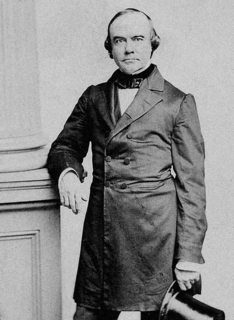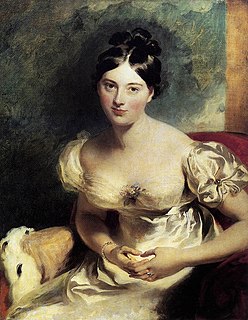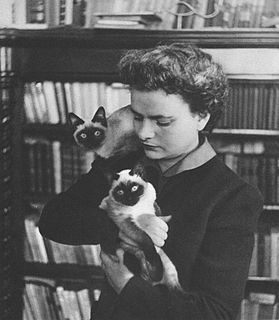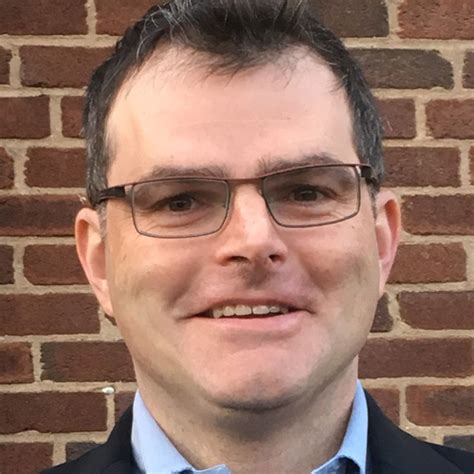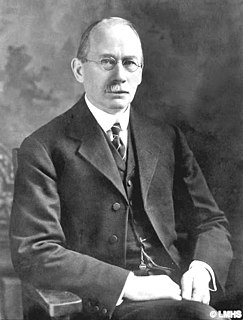A Quote by Benjamin Robbins Curtis
He who is unconscious of the ties which connect him with every individual of his species feels no obligation to make sacrifices for their welfare or happiness.
Quote Topics
Related Quotes
This state of mind, which subordinates the interests of the ego to the conservation of the community, is really the first premise for every truly human culture... The basic attitude from which such activity arises, we call-to distinguish it from egoism and selfishness-idealism. By this we understand only the individual's capacity to make sacrifices for the community, for his fellow men.
The integrative tendencies of the individual operate through the mechanisms of empathy, sympathy, projection, introjection, identification, worship- all of which make him feel that he is a part of some larger entity which transcends the boundaries of the individual self. This psychological urge to belong, to participate, to commune is as primary and real as its opposite. The all-important question is the nature of that higher entity of which the individual feels himself a part.
If [God] has made it a law in the nature of man to pursue his own happiness, He has left him free in the choice of place as well as mode, and we may safely call on the whole body of English jurists to produce the map on which nature has traced for each individual the geographical line which she forbids him to cross in pursuit of happiness.
It is generally allowed, that no man ever found the happiness of possession proportionate to that expectation which incited his desire, and invigorated his pursuit; nor has any man found the evils of life so formidable in reality, as they were described to him by his own imagination; every species of distress brings with it some peculiar supports, some unforeseen means of resisting, or powers of enduring.
Every individual man has a bias which he must obey, and...it is only as he feels and obeys this that he rightly develops and attains his legitimate power in the world. It is his magnetic needle, which points always in one direction to his proper path.... He is never happy nor strong until he finds it, keeps it.
It is possible that an individual may be successful, largely because he conserves all his powers for individual achievement and does not put any of his energy into the training which will give him the ability to act with others. The individual acts promptly, and we are dazzled by his success while only dimly conscious of the inadequacy of his code.
Man, by his very nature, tends to give himself an explanation of the world into which he is born. And this is what distinguishes him from the other species. Every individual, even the least intelligent, the lowest of outcasts, from childhood on gives himself some explanation of the world. And with it he manages to live. And without it, he would sink into madness.
It is an irony of medical history that even as Freud's later work would make him the progenitor of modern psychodynamic psychotherapy, which is generally premised on the idea that mental illness arises from unconscious psychological conflicts, his papers on cocaine make him one of the fathers of biological psychiatry, which is governed by the notion that mental distress is partly caused by a physical or chemical malfunction that can be treated with drugs.
